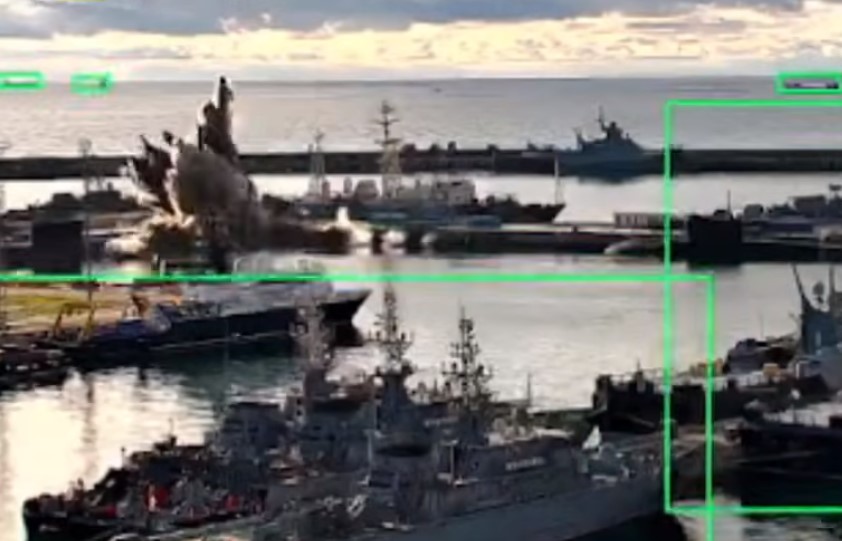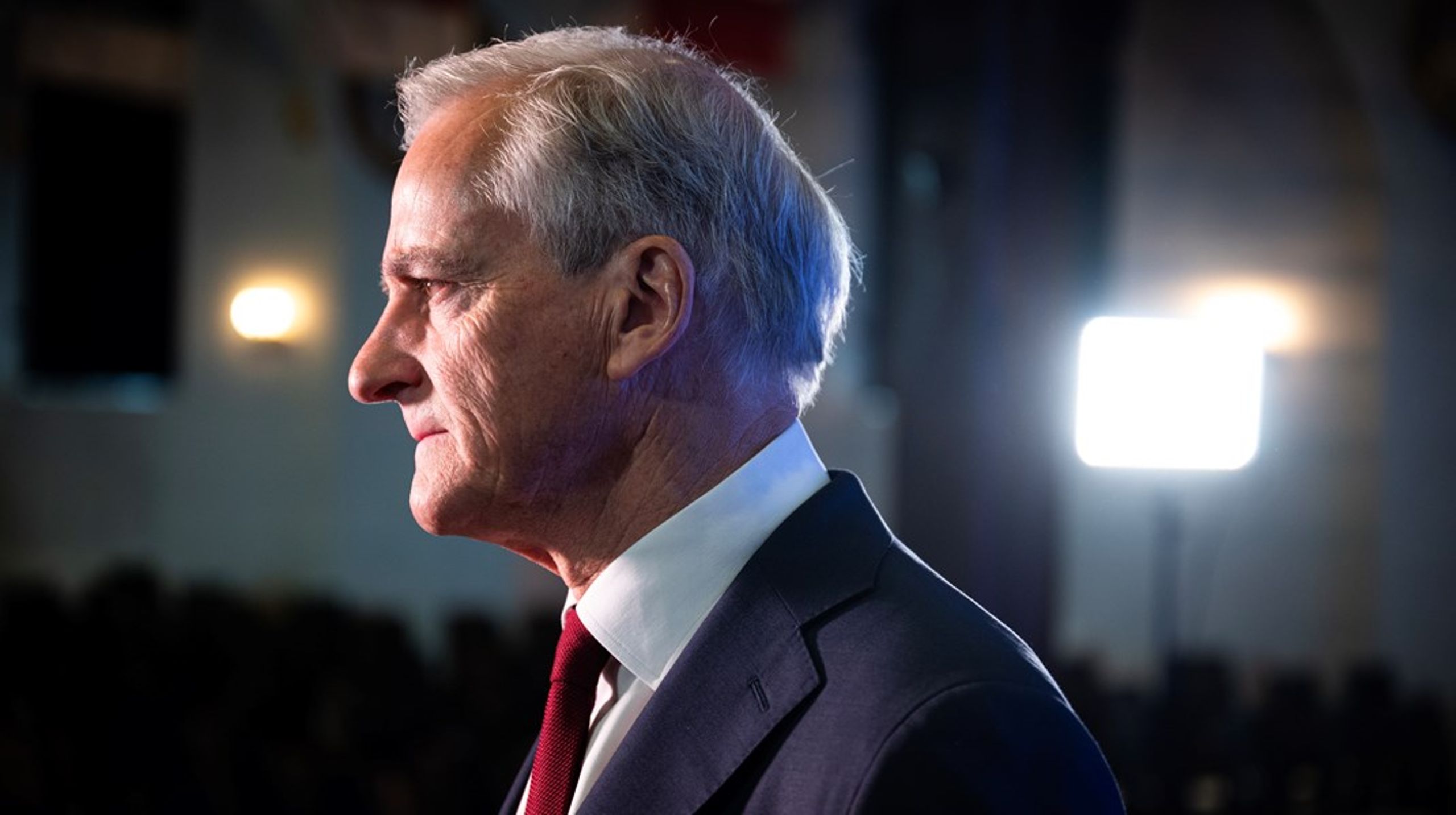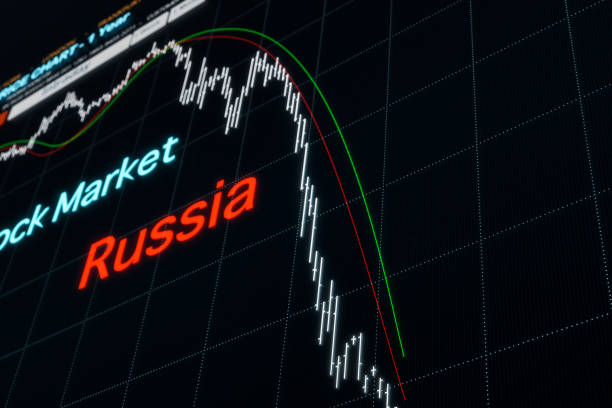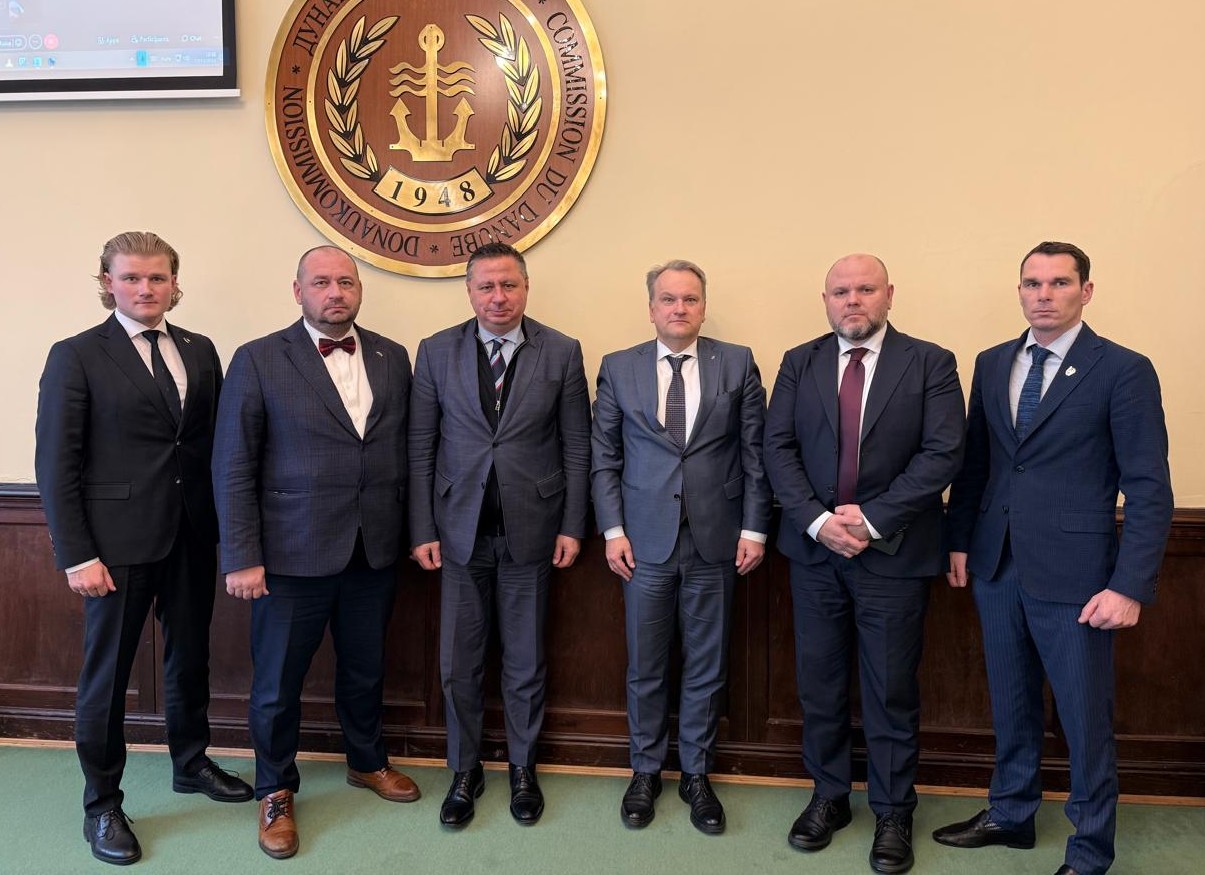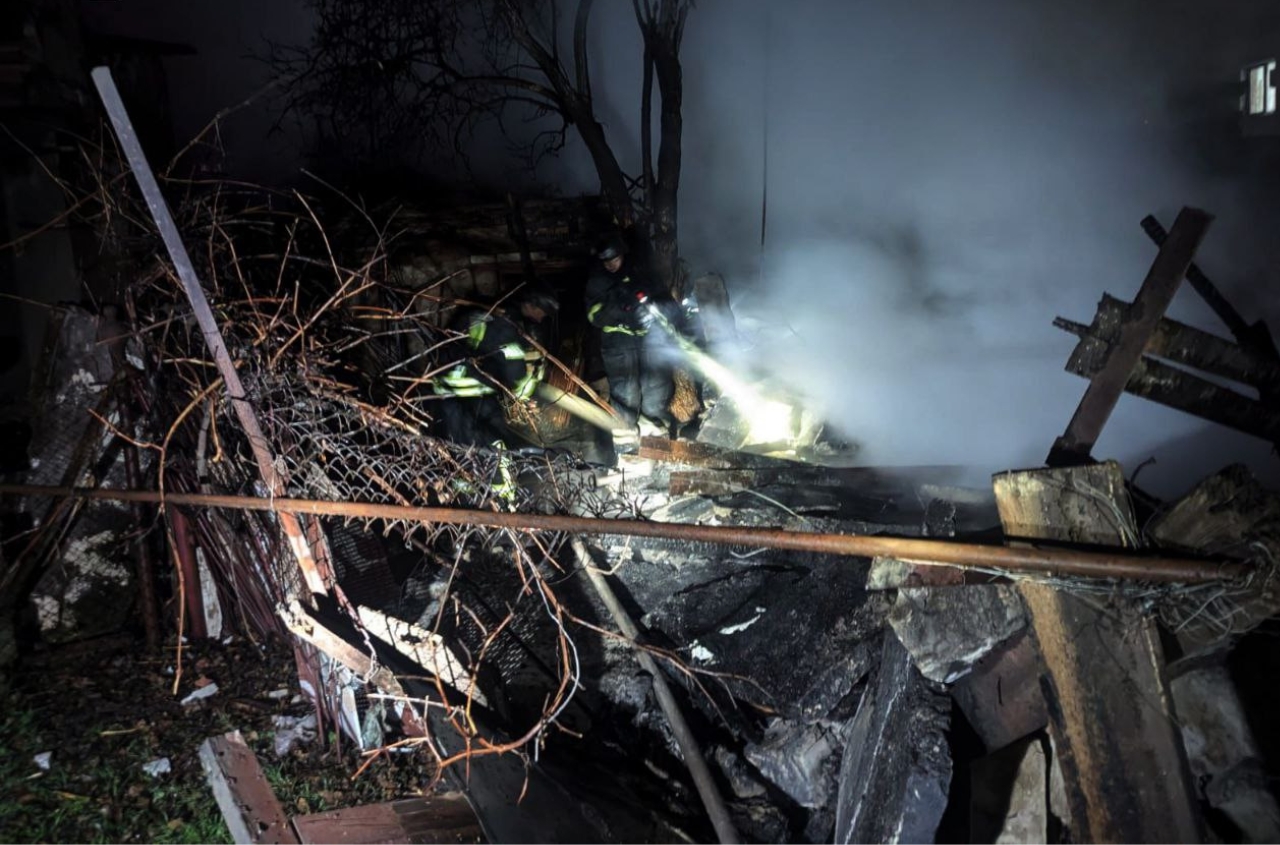With the aim of developing effective strategies in response to current challenges and ensuring sustainable development for all peaceful states in the region, Ukraine and Bulgaria jointly held the Second Black Sea Security Conference in Sofia on April 15th.
It is noted that the co-organizers of the conference are the Ministries of Foreign Affairs and Defense of Ukraine and Bulgaria in partnership with the Center for Defense Strategies (Ukraine).
Delegations from 42 countries and 8 international organizations are participating in the conference.
During the first day’s discussions, participants talked about the impact of Russian aggression on the security situation in the Black Sea – Azov Sea region and beyond. They also brought up threats posed by the aggressor country, Russian crimes in the occupied territories, and Russian disinformation and propaganda. In addition, the panelists indicated possible steps required to stop the crimes of the aggressor country.
Within the first panel discussion “Strategic Overview of Security Situation in the Black and Azov Sea, Prospects and Future”, LtGen (ret.) Dr Dennis Gyllensporre, Associate Professor in Security Policy and Strategy, Swedish Defence University, Former Force Commander for the United Nations Multidimensional Integrated Stabilization Mission in Mali (MINUSMA); Admiral Igor Voronchenko, General inspector of the Main inspectorate of the Ministry of Defence of Ukraine, Admiral of the Ukrainian Navy and former Navy Commander; Air Marshal (ret.) Edward Stringer, Senior Fellow, Policy Exchange, former Director-General of the Defence Academy, within Joint Forces Command; Vice Admiral (ret.) Didier Piaton, FMES Institute, former Deputy Commander, NATO Allied Maritime Command (2020-2023) spoke on the topic. Andriy Zagorodniuk, Chairman of the Centre for Defence Strategies, Minister of Defence of Ukraine (2019-2020) was the moderator of the discussion.
The second panel discussion “World in Global Changes: Vision on Moving Forward Global and BAS Security from Different Perspectives” was performed by Peter Van Praagh, President, Halifax International Security Forum; Viktorija Starych-SamuolienÄ—, Co-founder and Director of Strategy, Council on Geostrategy, Co-organiser, The First Sea Lords’ Sea Power Conference; Prof. Christine Dugoin-Clément, Researcher Paris 1 Panthéon-Sorbonne, Co-organiser, Paris Defence and Strategy Forum; Yordan Bozhilov, Founder and President, Sofia Security Forum, Deputy Minister of Defense of the Republic of Bulgaria (2022). The discussion was moderated by Alina Frolova, Security Track Coordinator of the Crimea Platform Expert Network, Deputy Chairperson of the Centre for Defence Strategies, Deputy Minister of Defence of Ukraine (2019-2020).
The consequences of the conflict in Ukraine are already being felt in the Middle East. It is very painful for the population of this region. However, the fact that the Russian-Ukrainian war has stopped being regional can speed up the process of assisting Ukraine. This research was shared during the conference by Prof. Christine Dugoin-Clément, Researcher Paris 1 Panthéon-Sorbonne, Co-organiser, Paris Defence and Strategy Forum: “All events, including those in the Middle East, can speed up the provision of assistance to Ukraine because it is not just a matter of war, it is a matter of global security.”
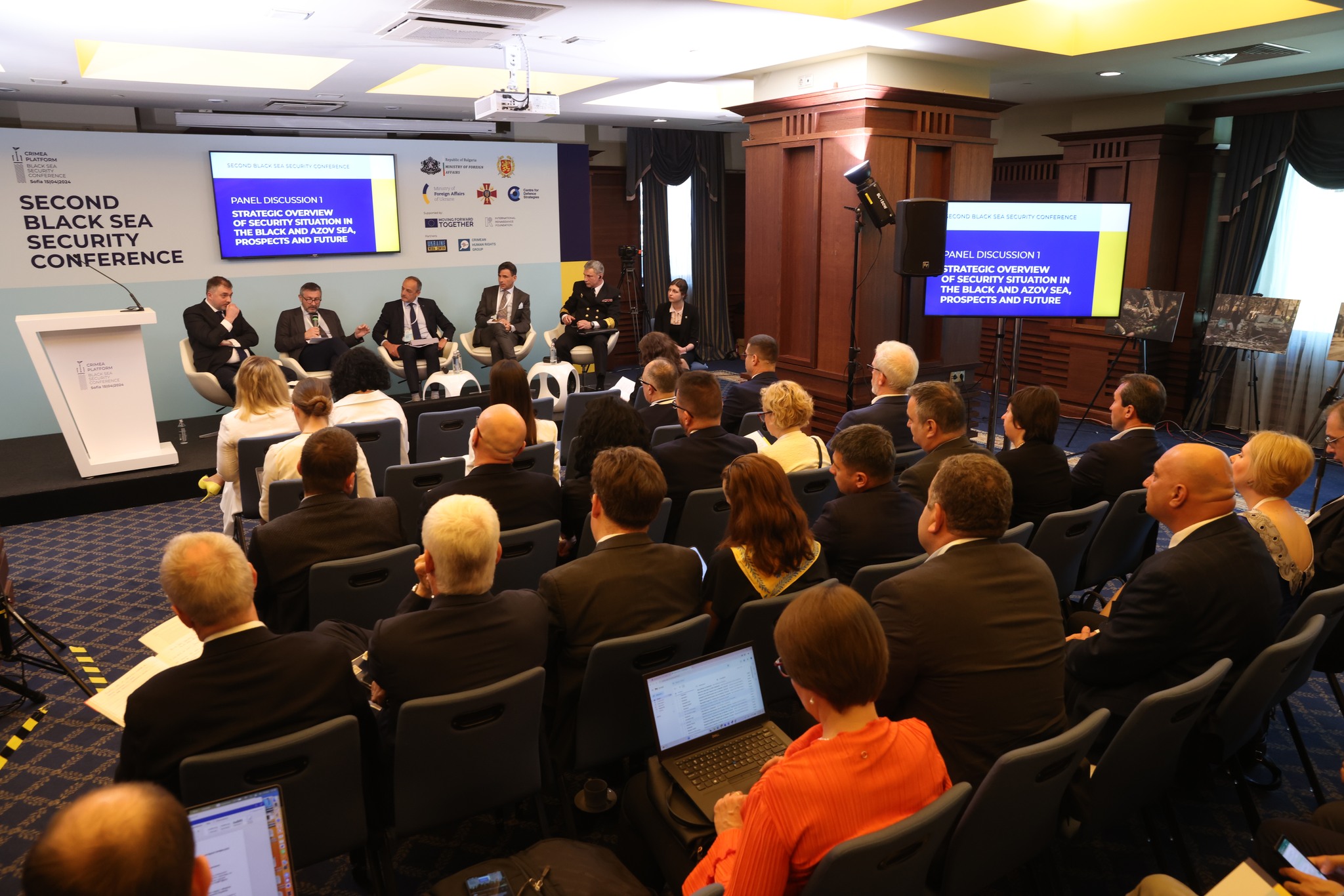
The third panel discussion “Information Impact Weapons: How Russia Destabilizes the Black Sea Region” was held by Shota Utiashvili, Senior Fellow, Rondeli Foundation, Georgia; Mariia Sahaidak, Head of the Strategic Communication Department, Centre for Strategic Communication and Information Security, Ukraine; Constantin UzdriÈ™, Journalist of TVR Moldova; Remus Cernea, War correspondent in Ukraine, Newsweek Romania. The discussion was moderated by Olga Skrypnyk, Head of the Board of the Crimean Human Rights Group.
Olga Skrypnyk highlighted that civilian journalists are being illegally detained by the occupiers who accuse them of “terrorism”. Currently, there are at least 18 media workers who are in prison and are being denied medical care.
“Despite the Soviet authorities’ attempts to make Russian the main language of communication in Georgia, this attempt failed. And now the residents of Sakartvelo hardly speak Russian, and therefore are less exposed to propaganda.” Shota Utiashvili, Senior Fellow, Rondeli Foundation, Georgia, spoke about this at the Second Black Sea Security Conference.
Mariia Sahaidak, Head of the Strategic Communication Department, Centre for Strategic Communication and Information Security, Ukraine, added: ” It all began in 2014 when Russian disinformation and propaganda told and showed everyone what would happen when information was used as a weapon for military purposes. Back in 2014, there was no response, but in 2022, Russian media and propaganda channels were finally banned. But it is not enough to recognize the fact that such a threat exists. And at one of the panels, we heard a call for us to be proactive — not only to respond to Russian propaganda and disinformation but to be proactive. Otherwise, they will be ahead of the truth, and unfortunately, this is how it works. That’s why Russian propaganda and disinformation literally kill people.”
“Russia had a well-developed media infrastructure in Moldova. Therefore, it was very easy for them to explain to Moldovan citizens why they occupied Crimea. In addition, Moscow was very opposed to Moldova’s ability to develop its own media.” Constantin UzdriÈ™, Journalist of TVR Moldova, stated during the conference.
“There is still a struggle in Romania, there are many public figures who support Russia indirectly. They are not saying that Russia is right, they are trying to somehow put Ukraine in the shadows and make many people think that maybe Russia is not so good, but Ukraine is even more evil. This is a tactic of confusion as if nothing is clear. Because it’s much easier to convince or mislead people. When they are confused, it’s hard for them to decide which side they are on, it becomes much harder for them to choose who is right and who is wrong. And we need to understand this and resist it, we need to demonstrate again and again that there is truth and evidence of truth,” he explained.
Besides, the first day of the conference featured the screening of Artem Shevchenko’s documentary on the unique operations of the Ukrainian Armed Forces, which enabled civilian navigation in the Black Sea.
Today, April 15, the Second Black Sea Security Conference of the International Crimea Platform will feature discussions on the future of the region at the military-political level.

















